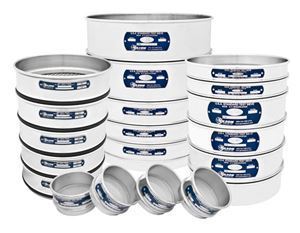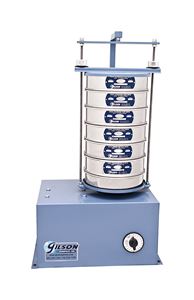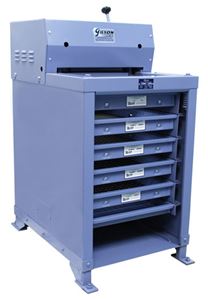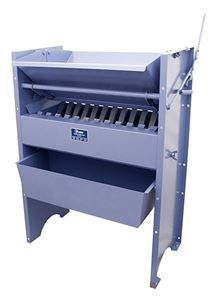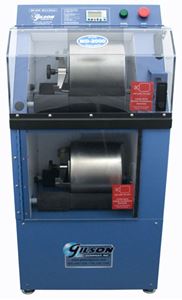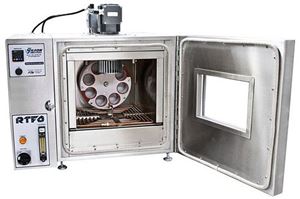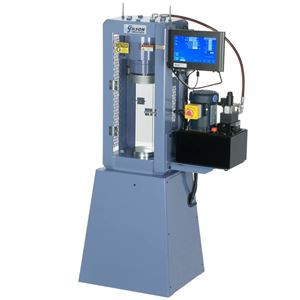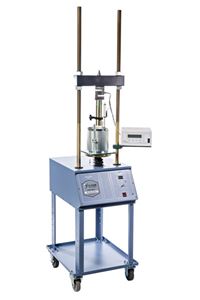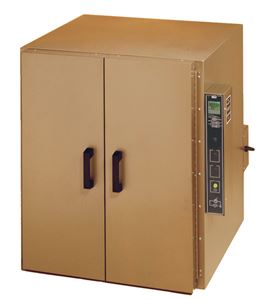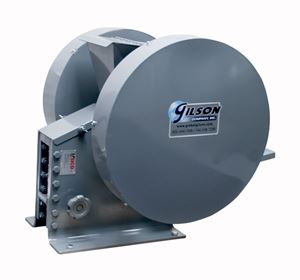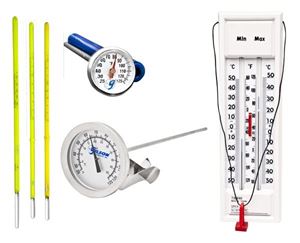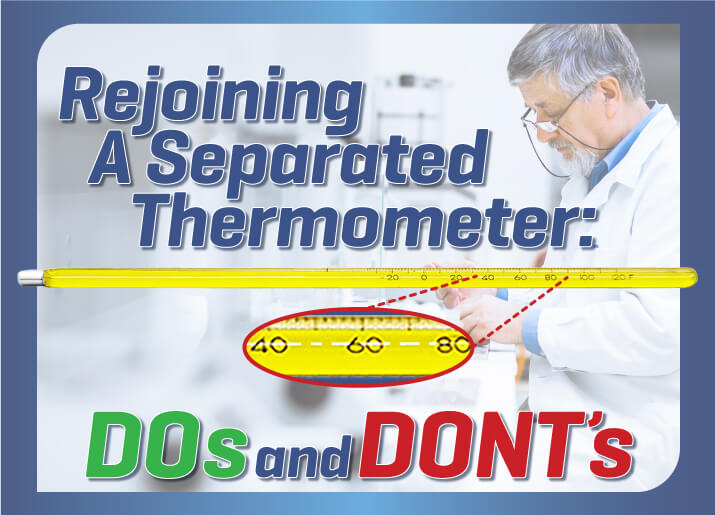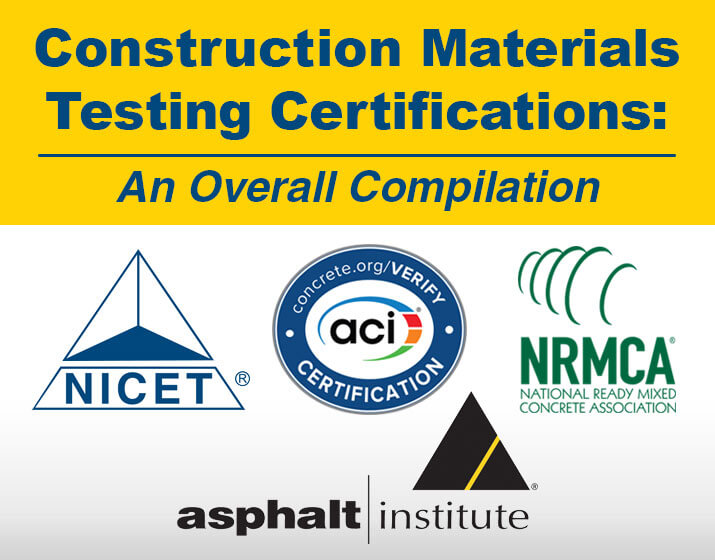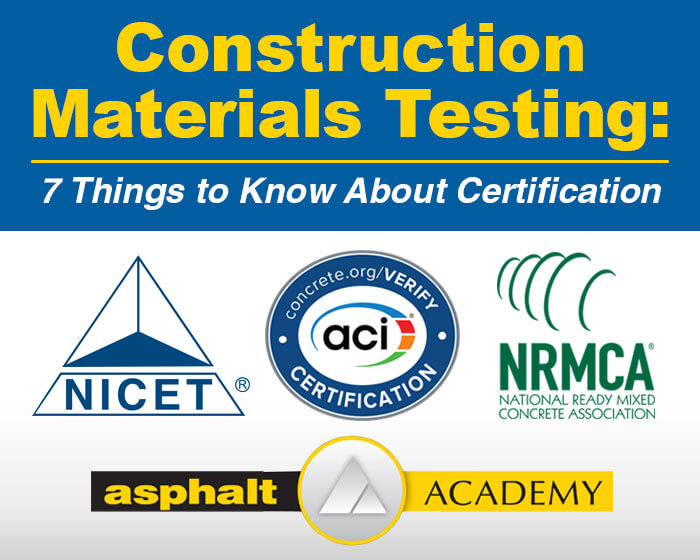The Gray Pages: the how and why of test methods and a guide to performing concrete and aggregate tests efficiently while complying with requirements within the standards.
- Log in
- Favorites List
-
Shopping Cart
You have no items in your shopping cart.
Gilson Insights
Have questions about your materials testing equipment? We have the answers to these questions and much more right here! Check back monthly for long-form blog posts, how-to guides and infographics. We’ll address industry insights, the operation and maintenance of specific equipment, and our product line recommendations, all designed to better serve you.
Bookmark this page, add it to your RSS reader, or subscribe to our newsletter, so you never miss a hot topic.
Mercury or indicating fluid separations can occur in the columns of mercury-in-glass thermometers, as well as in non-mercury thermometers. With expertise, caution and strict adherence to safety measures, the separated fluid can often be rejoined in the column by following some specific methods developed by others.
The Asphalt Rice Test is commonly used in determining theoretical maximum or asphalt specific gravity in accordance with ASTM and AASHTO standards. This blog post covers what you should know about the test and equipment available to help ensure testing in compliance with ASTM D2041 and AASHTO T 209.
Over the past several months, we have explored various materials testing technician certifications and what it takes to achieve them. This final summary blog in the series includes what’s new, schedules for 2018 programs and testing, and a downloadable PDF Resource List. As any additional information becomes available, we will update the blog series accordingly.
Ready to dig into what it takes to earn a soil technician certification? This blog post provides information on soil/geotechnical materials testing certifications and the resources that are available to help get you there.
Gilson continues its series of blog posts on what to know when preparing for and taking a technician certification exam. This third post covers aggregate technician certifications and includes information and resources designed to help you with the process.
Gilson continues its series of blog posts on what to know when preparing for and taking a technician certification exam. This third post covers asphalt technician certifications, and includes information and resources designed to help you with the process.
This is the second in Gilson’s series on preparing for construction materials testing certification of technicians working in concrete, asphalt, aggregates, and soils/geotechnical fields. This blog post provides information and resources specifically related to some of the different concrete technician designations.
An ever-increasing number of regulations, project requirements and even individual test methods require that laboratory and field personnel undergo specific training and pass certification examinations before they can perform certain tests for the record. This, and the wide array of training and certification programs available from different organizations, underscore the importance that the engineering and construction communities place on expertise, competency and accuracy in all areas of construction materials testing.
Do you know when a spinning riffler or rotary sample divider should be your go-to sample divider for the most accurate representative samples?
- 2026
- 2025
- 2024
- 2023
- 2022
- 2021
- 2020
- 2019
- 2018
- 2017
- 2016
- 2015

